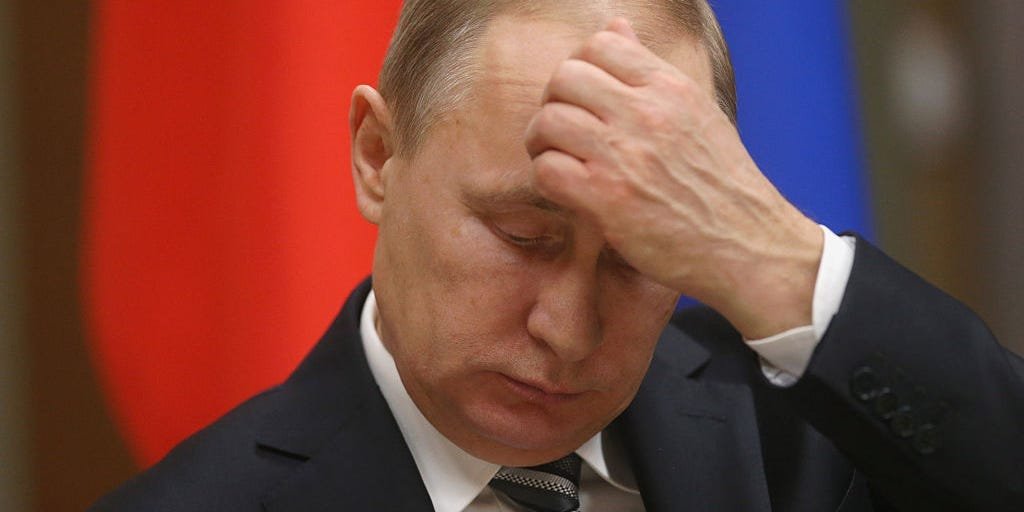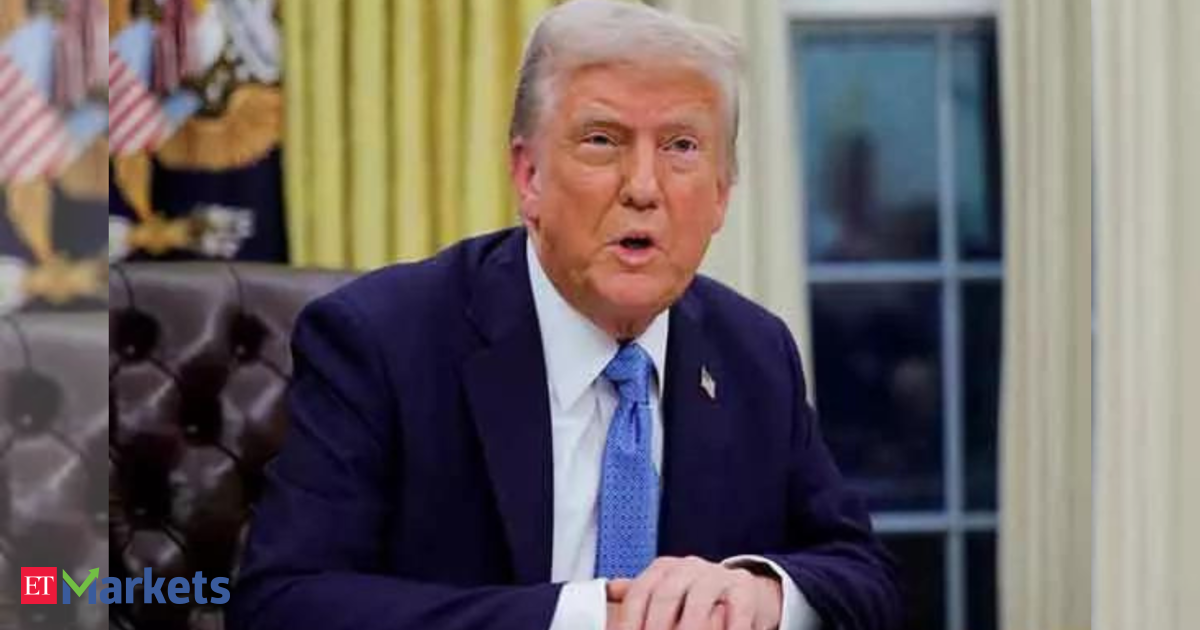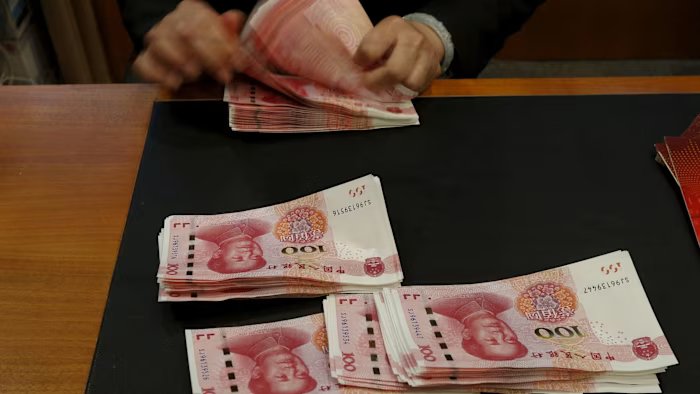[BEIJING] China told local brokers and other bodies to stop publishing research or hold seminars to promote stablecoins, seeking to rein in the asset class to avoid instability.
Some leading brokerages and think tanks in late July and earlier this month received guidance from financial regulators, urging them to cancel seminars and halt disseminating research on stablecoins, people familiar with the matter said.
Regulators are also concerned that stablecoins could be exploited as a new tool for fraudulent activities in mainland China, said the people, who asked not to be identified because the details are private.
While China has a blanket ban on crypto-related transactions, recent official comments have stoked speculation the country is warming to the industry. Authorities have also given the green light to develop Hong Kong as a digital asset hub and the city this month rolled out new legislation governing stablecoin issuers, prompting a surge in interest from mainland Chinese firms.
The China Securities Regulatory Commission and The People’s Bank of China (PBOC) did not immediately respond to faxed requests for comments.
“Chinese policymakers don’t favour too much fanfare in some topics just to avoid a herd rush to any particular asset class,” said Christopher Wong, a Singapore based currency strategist at Oversea-Chinese Banking Corp. “There’s still a worry that not everyone knows adequately about crypto and policymakers being pragmatic don’t want herd mentality when investors buy into something that they do not know what the risks are.”
BT in your inbox

Start and end each day with the latest news stories and analyses delivered straight to your inbox.
Despite China’s crypto ban, there has been brisk over-the-counter digital asset trading in the country. It reached US$75 billion in the first nine months of 2024, according to estimates from Chainalysis, in evidence of a large presence of avenues for such transactions.
Illicit fundraising activities linked to virtual currencies and stablecoins have also flourished amid the hype, prompting China’s local authorities including those in Beijing, Suzhou and Zhejiang province to issue risk warnings in the past month.
Stablecoins, typically backed by cash-like assets and issued by private firms, are gaining traction as a faster, cheaper option for cross-border payments. Most are pegged to the US dollar and backed by US assets like short-term Treasuries, with the world’s total supply projected to reach as much as US$3.7 trillion by 2030.
The regulators are stepping in after recent official comments stoked speculation the country is warming to the notion of cyptocurrencies that track the yuan, as it seeks to challenge the US dollar’s dominance in global finance and promote the usage of the Chinese currency.
PBOC governor Pan Gongsheng said in June that stablecoins could revolutionise international finance, particularly as rising geopolitical tensions highlight the fragility of traditional payment systems.
Hong Kong, widely viewed as a regulatory sandbox for China, is one of a number of markets in the Asia-Pacific region to have pushed forward with a licensing regime of its own in recent months.
As of Friday, Hong Kong has granted licence for 11 crypto exchanges, alongside 44 companies with permit to trade digital assets for clients. These include Chinese state-backed firms such as CMB International Securities, Guotai Junan Securities (Hong Kong) and TFI Securities and Futures.
US President Donald Trump on Jul 18 signed the first federal bill to regulate stablecoins, hailing it as “giant step to cement American dominance of global finance and crypto technology.” The vast majority of stablecoins in circulation today are pegged to the US dollar. BLOOMBERG







